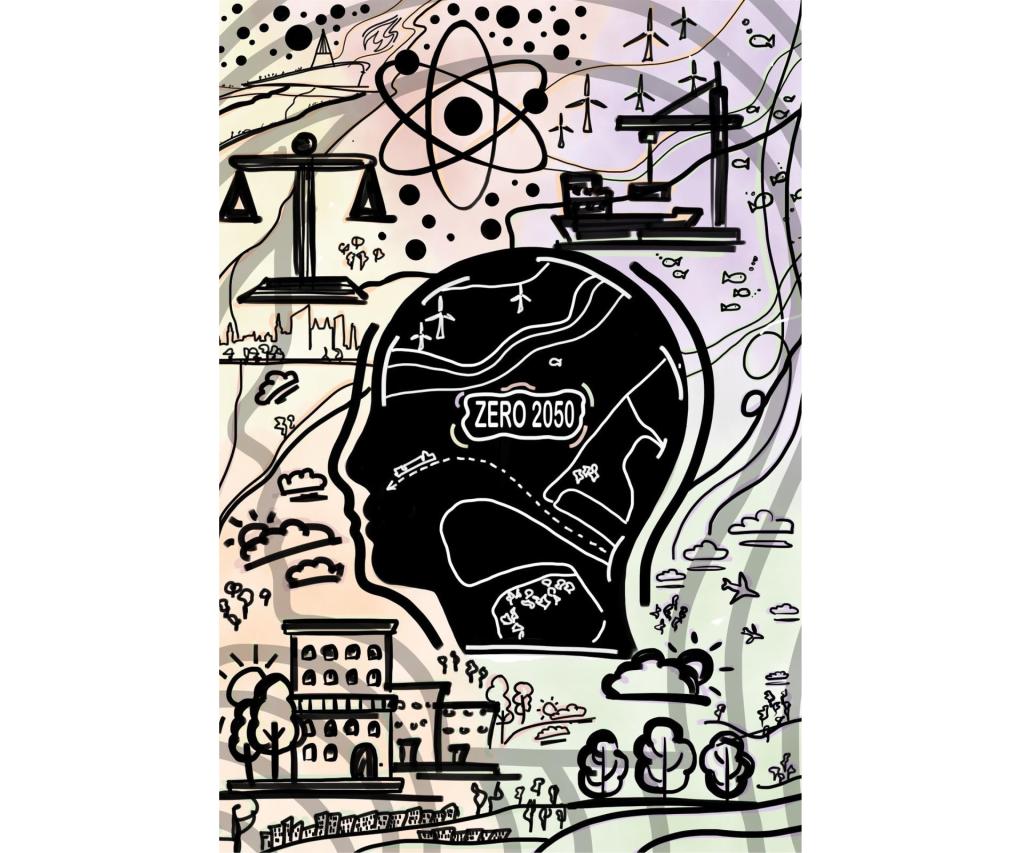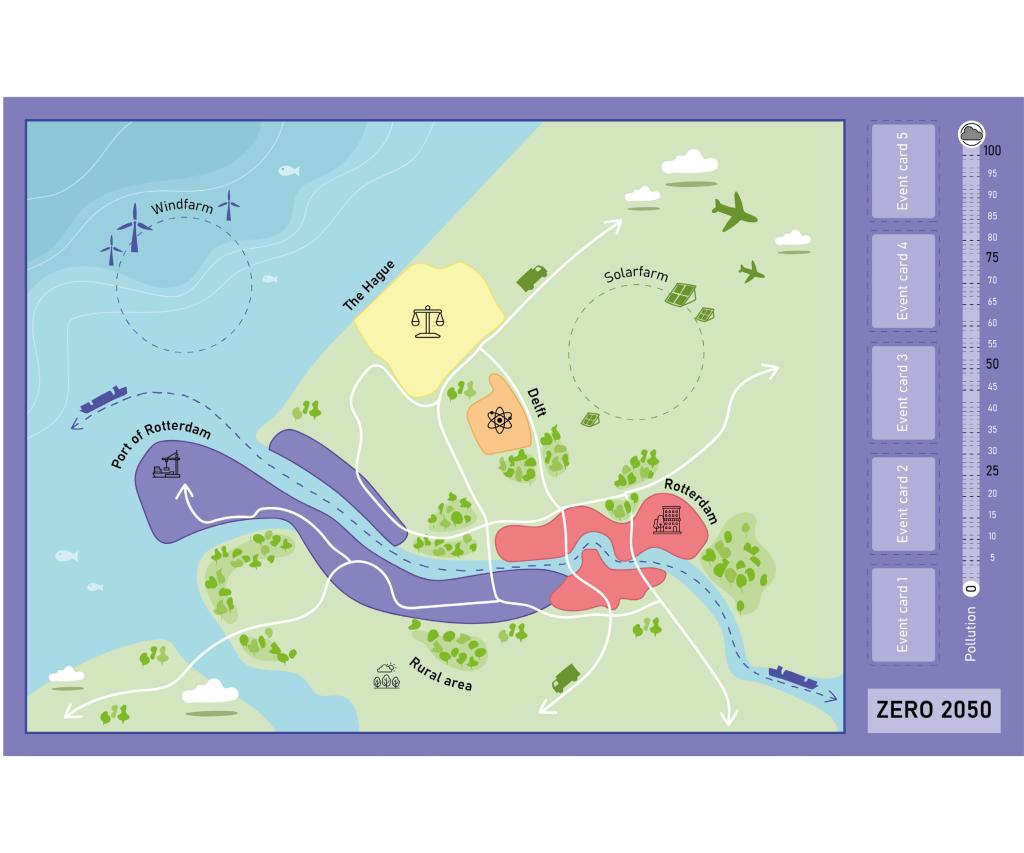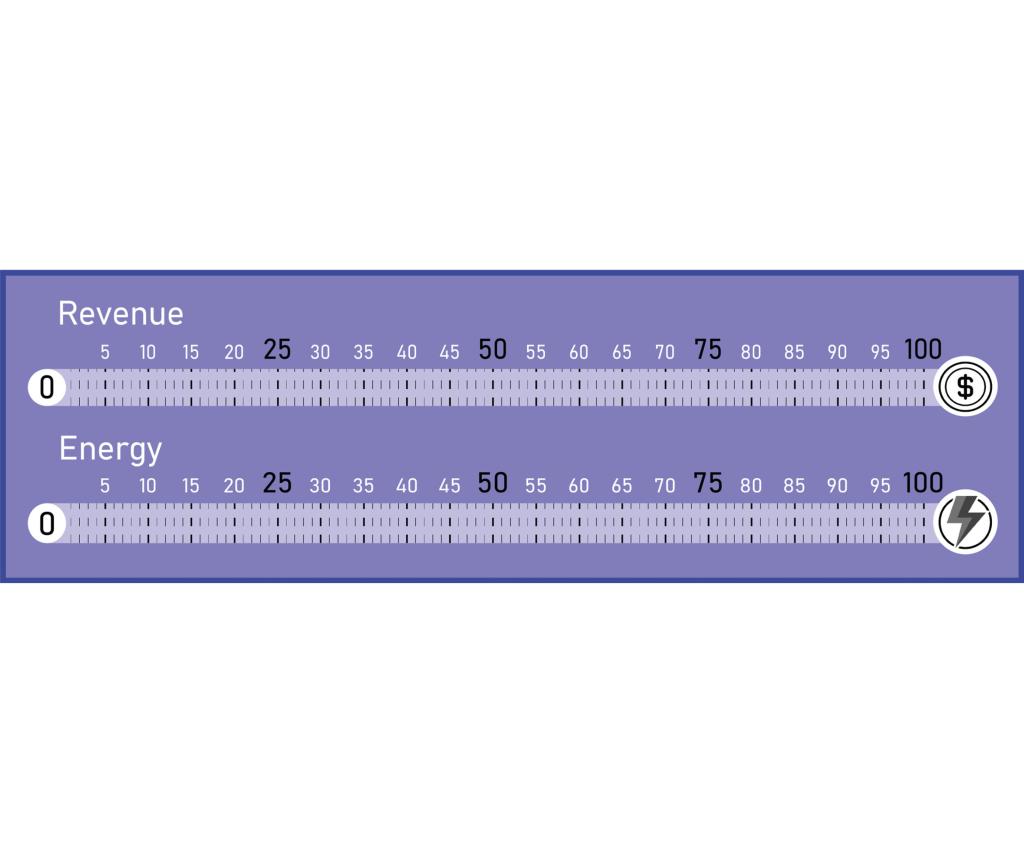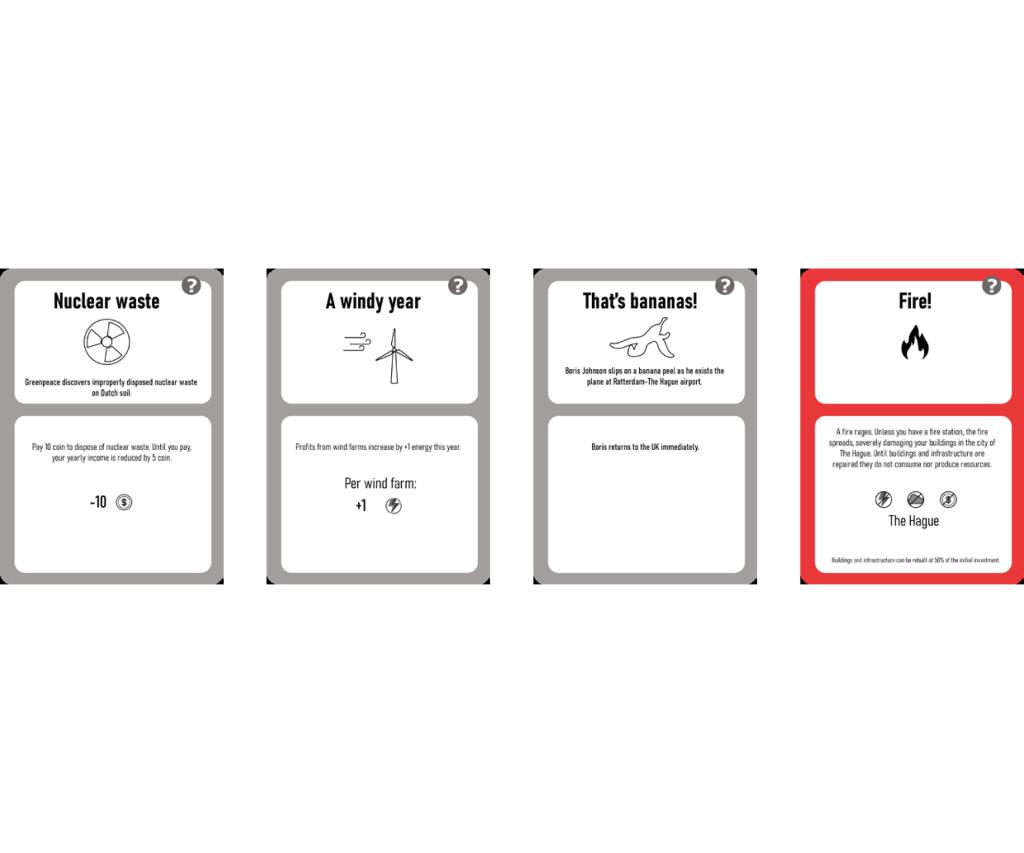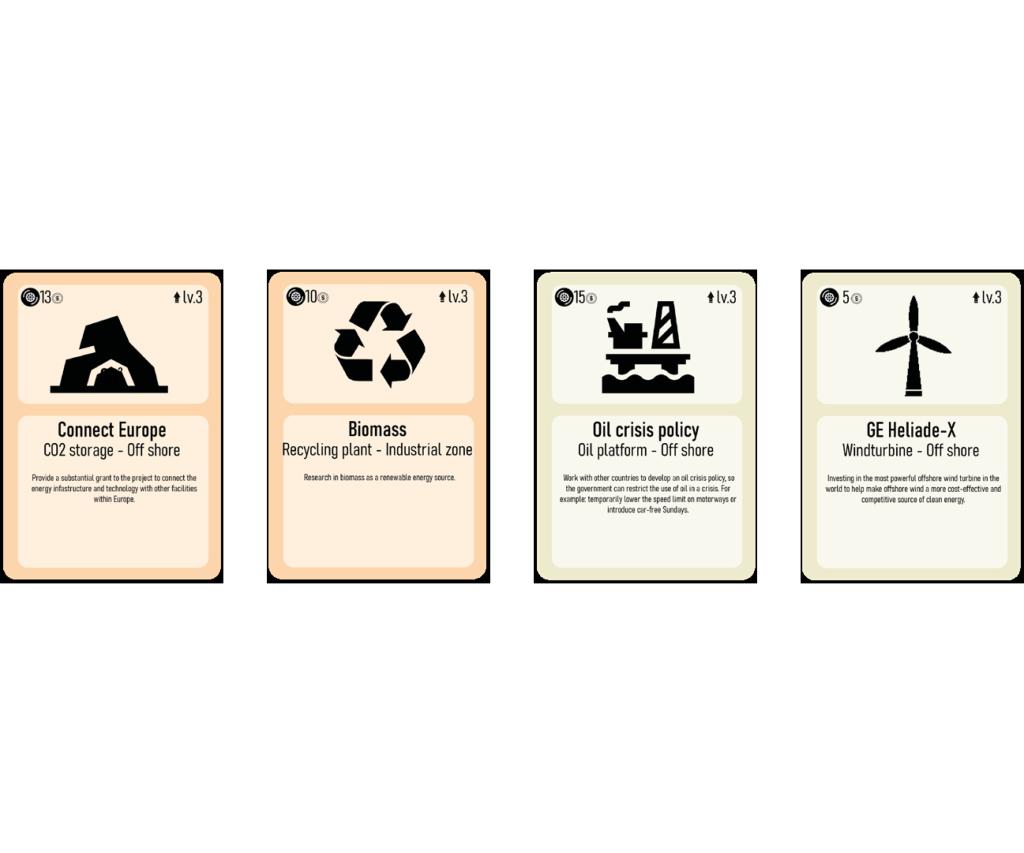Reinier Kok, Christoforos Roungeris, Linda Hammerschlag, Mieneke Jongert and Scott Spoon
“The runaway train that is climate change is about to blow past another milestone: global fossil-fuel carbon dioxide emissions will reach yet another record high. Driven by rising natural gas and oil consumption, levels of CO2 are expected to hit 36.8 billion metric tons (40.6 billion U.S. tons) this year, according to new estimates from the Global Carbon Project”1. As a response to this global environmental crisis, in accordance to the Paris agreement, the Rotterdam port has vouched to reduce its CO2 emissions to ZERO by 2050. This will be achieved by taking a number of measures, such as re-use of waste, digitalization, turning towards vegetable-based biofuels and much more.
The aim of this multiplayer (2-5 players) co- operational board game is to inform the players on the pressing issue of climate change, as well as the complexity of the ZERO 2050 commitment that the Rotterdam Port has vouched for. Through working together, players of the ZERO 2050 board game will have a chance to deeper understand the environmental consequences caused by decisions made today, and what their effects are many years from now, stimulating them to think more carefully about the impact of the moves we make before we make them. It should trigger the players to think about resilience, co- operation and conflicting interests but also the importance of adaptability in the runup to the global challenges we are facing.
After playing the game, players should have obtained a greater understanding of the challenge the port (and the entire humankind) faces, as well as the importance of keeping a balance between personal corporate interest and environmental sustainability. All while having fun, working as a team towards a common goal!
GOALS
There are two main goals to the game; the common goal is to reach zero CO2 emissions by the year 2050. The individual goal for each player is to reach 2050 having reached their investor goals, which are displayed on their stakeholder cards.
